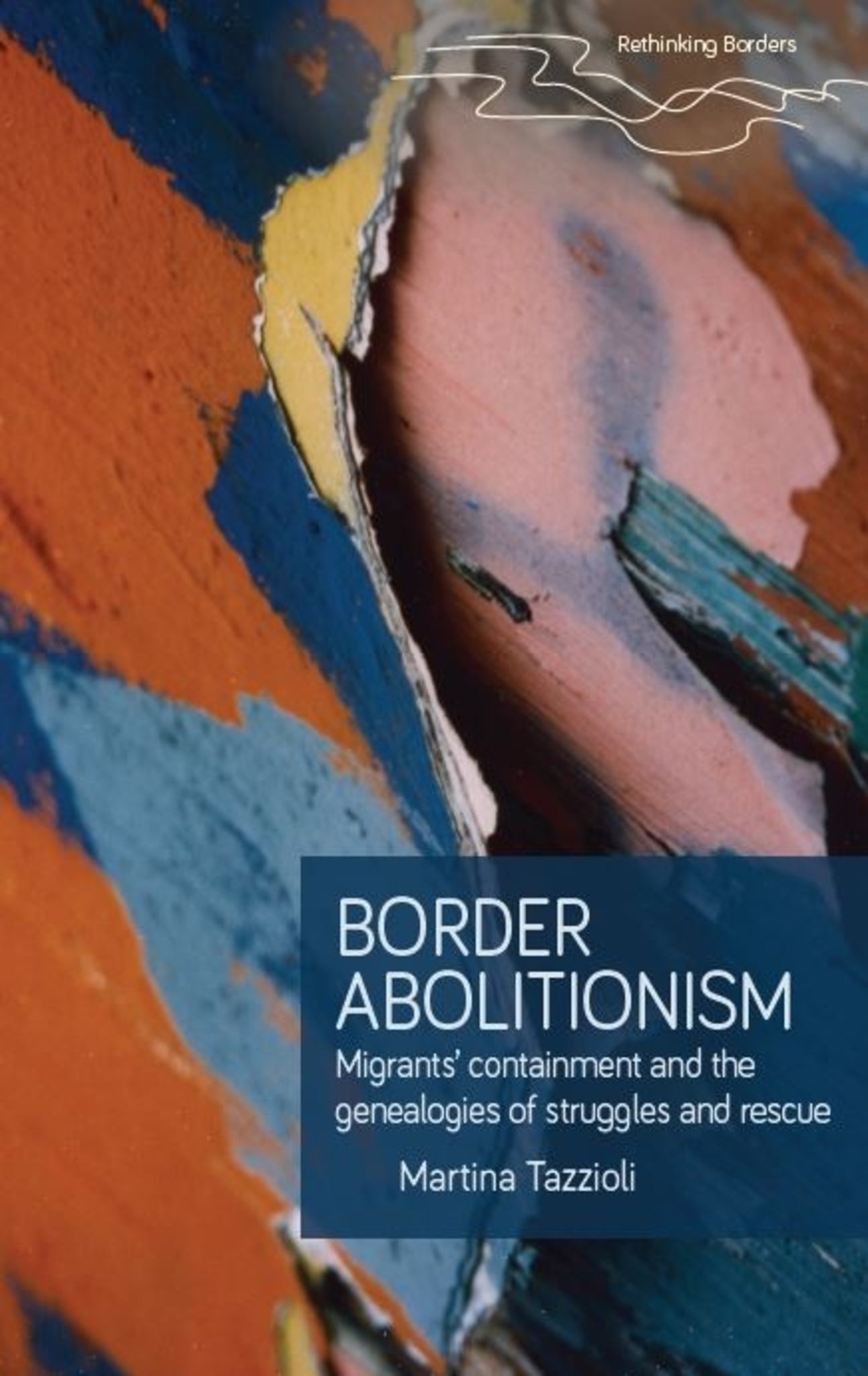We're sorry. An error has occurred
Please cancel or retry.
Border abolitionism

Some error occured while loading the Quick View. Please close the Quick View and try reloading the page.
Couldn't load pickup availability
- Format:
-
11 July 2023


SOCIAL SCIENCE / Emigration & Immigration, Political science and theory, POLITICAL SCIENCE / Public Policy / Immigration, SOCIAL SCIENCE / Refugees, Political geography, Central / national / federal government policies

CHOICE: Recommended
'Martina Tazzioli’s book challenges us to connect struggles for the freedom of movement to commoning practices and abolitionist worlding projects, to decompartmentalise migration, border and refugee studies. To build these transversal alliances, Tazzioli grounds border abolitionism in migrants’ escapes, autonomous mobilities and spaces, and “free spots,” beginning not from state enclosure projects, but from actually existing abolitionist practices. Border abolitionism calls on us to do more than document the needless drownings, wasted times and choked lives or the injustices of contemporary migration control regimes. To practices border abolition, we must learn from migrants how to live and build institutions otherwise.'
Lauren Martin, Associate Professor of Political Geography, Durham University
Border abolitionism is an intellectually ambitious, creative, and original book, linking critical border, migration, and refugee studies to the contemporary insights of carceral abolitionism. Tazzioli starts not from normative abstractions but instead from the material and practical facts of migration and the confinement continuum that chokes migrants’ and refugees’ projects both to move across borders and then to stay and re-make their lives. This book’s refreshingly innovative intervention thus advances an idea of abolition that extends far beyond the border, in order to understand the struggles of migrants and citizens together. It will have a lasting impact on scholarship and activism.
Nicholas De Genova, editor of The Borders of “Europe”: Autonomy of Migration, Tactics of Bordering
'The book covers formidable ground, and while each chapter is individually enriching, the analytics of border abolitionism effortlessly weave together their different topics into a coherent, incisive account. Not only does the border abolitionist approach facilitate original scrutiny of the European border regime, but Tazzioli does not lose sight of the migrant lives caught up in this regime. This combinations helps us better appreciate the transformative potential of the abolitionist horizon.'
Adam Fastholm, International Affairs 100: 3, 2024
Introduction
1 The zero-sum rights game: border abolitionism as an analytical gaze
2 ‘Confine to protect’: hybrid spaces of migration containment
3 Participatory confinement: extractive humanitarianism and asylum seekers’ unpaid labour
4 Towards a genealogy of migrant struggles and border violence
5 A history of mountain runaways and rescue: migrants at the Alpine border
Conclusion



